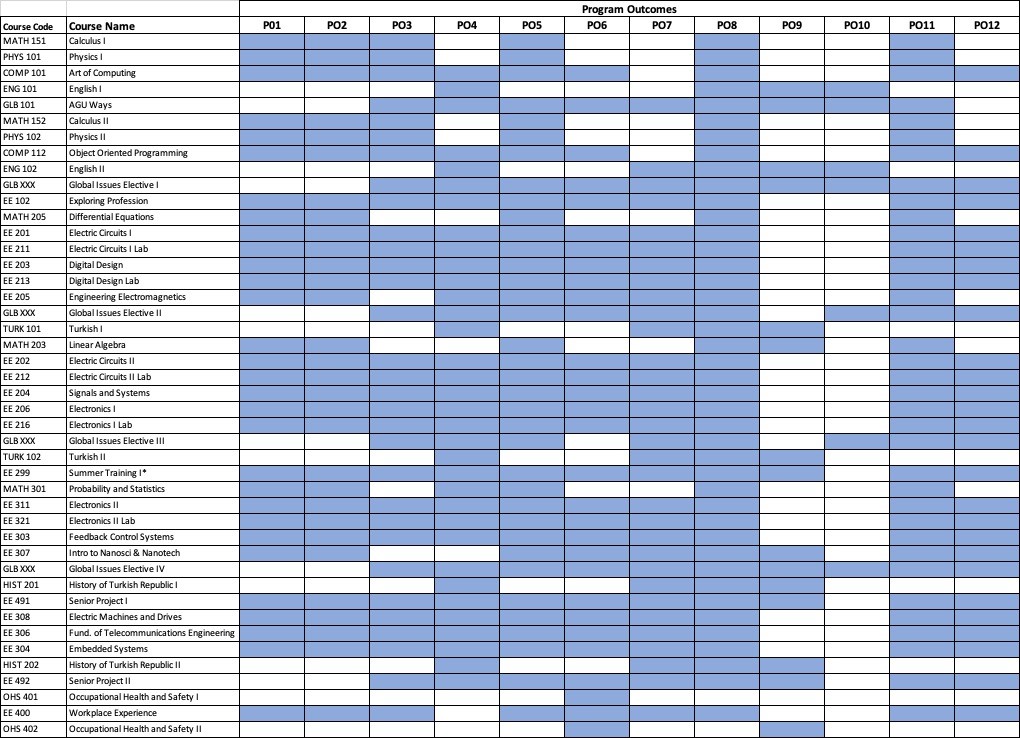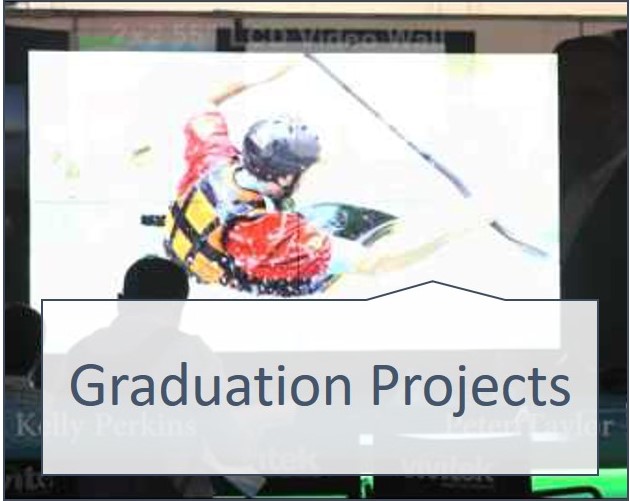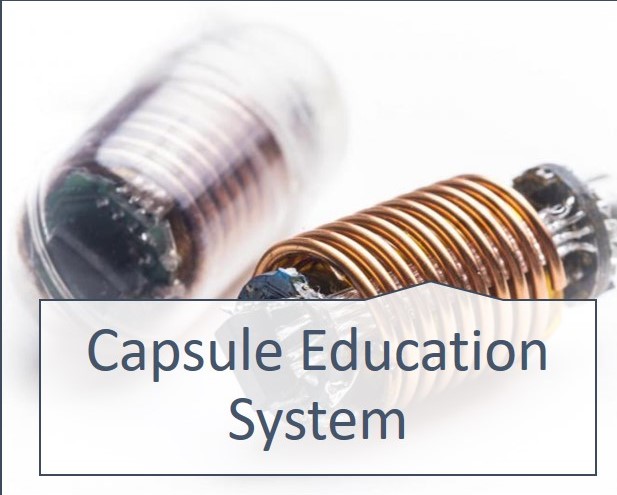As AGU Electric and Electronics Engineering Department, we implement a modern education program to improve our students' theoretical engineering knowledge and practical skills at the highest level.
As the most fundamental point of our education system, we have identified projects where our students can apply the knowledge they have gained during their education. our students will complete many projects from the first period of their education until their graduation, and they will evaluate their last period by doing an internship in a company for 14 weeks.
Please click to access our current education program prepared for our students
Please click to access the Bologna Program Learning Outcomes for our department.
Click for our Capsule Based Curriculum Rules and Regulations
Click for reaching the course contents. (You can reach the course syllabi by first clicking “Desc." (Description) link and then "Download" link.)
Our training programs that we have implemented in previous years:
- 2021-2022 Education Program Followed by our students
Course List and Course Details
- 2019-2020 Education Program Followed by our students
Course List and Course Details
- 2018-2019 Education Program Followed by our students
Course List and Course Details
- 2016-2017 and 2017-2018 Education Program Followed by our students
Course List and Course Details
- 2014-2015 and 2015-2016 Education Program Followed by our students
Course List and Course Details

| AGÜ EE Program Outcomes | |
| PO1 | To have sufficient theoretical and practical knowledge in the fields of mathematics, science, general engineering and electrical-electronic engineering, and to acquire the ability to apply this knowledge in solving complex problems. |
| PO2 | To acquire the ability to identify, design, conduct and interpret appropriate experiments as well as the analysis and formulation of data, selecting appropriate analysis and modeling methods, and interpretation of results to identify, investigate and solve complex engineering and electrical and electronic engineering problems |
| PO3 | To acquire the ability to select and use modern techniques and tools, develop the ability to process data, to design, model and simulate a system, component or to meet expected needs within realistic limits such as economic, environmental, social, political, ethical, health and safety. |
| PO4 | Ability to function efficiently as a leader or member in interdisciplinary or multi-disciplinary project teams, as well as the ability to work individually. |
| PO5 | To acquire the ability to identify, formulate, explore and conduct experiments, collect data, analyze results, interpret and solve local and general complex engineering problems. |
| PO6 | To gain knowledge about the standards used in engineering, gaining knowledge about professional and ethical responsibilities and gaining the ability to act in accordance with these principles. |
| PO7 | To acquire the ability to communicate effectively in at least one foreign language verbally and in writing, writing and understanding the written report, preparing design and production reports, making effective presentations, giving and receiving clear and understandable instructions. |
| PO8 | Mühendislik çözümlerinin küresel, ekonomik, sağlık, güvenlik, çevresel ve toplumsal bir bağlamda etkisini anlamak için gereken geniş eğitime ihtiyacı tanıma. |
| PO9 | To recognize the need for the broad education needed to understand the impact of engineering solutions in a global, economic, health, safety, environmental and societal context. |
| PO10 | To understand current and global problems and being aware of the legal implications of engineering solutions. |
| PO11 | To acquire techniques, skills, ability to use and select modern engineering tools necessary for engineering practice in Turkey and abroad. |
| PO12 | Awareness in innovation and entrepreneurship, necessary project management techniques in engineering projects, the ability to use change and risk, to have knowledge about sustainable development |



